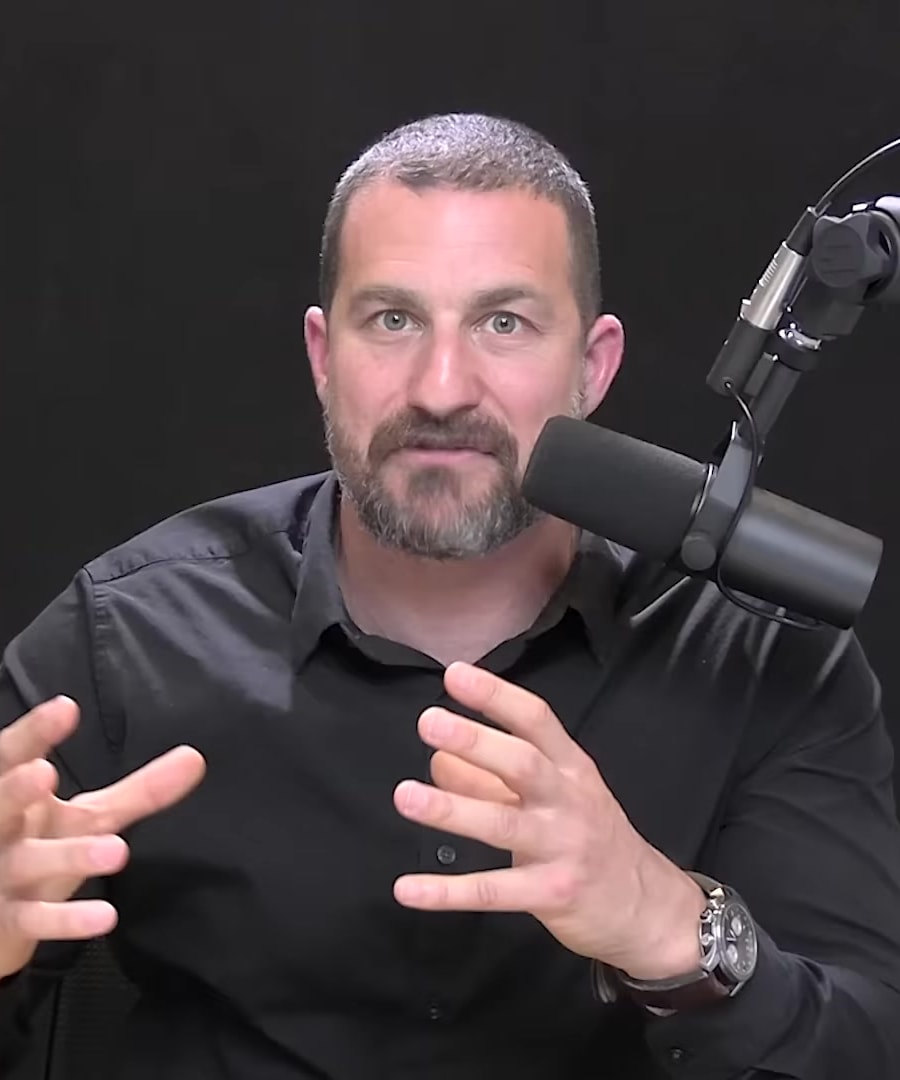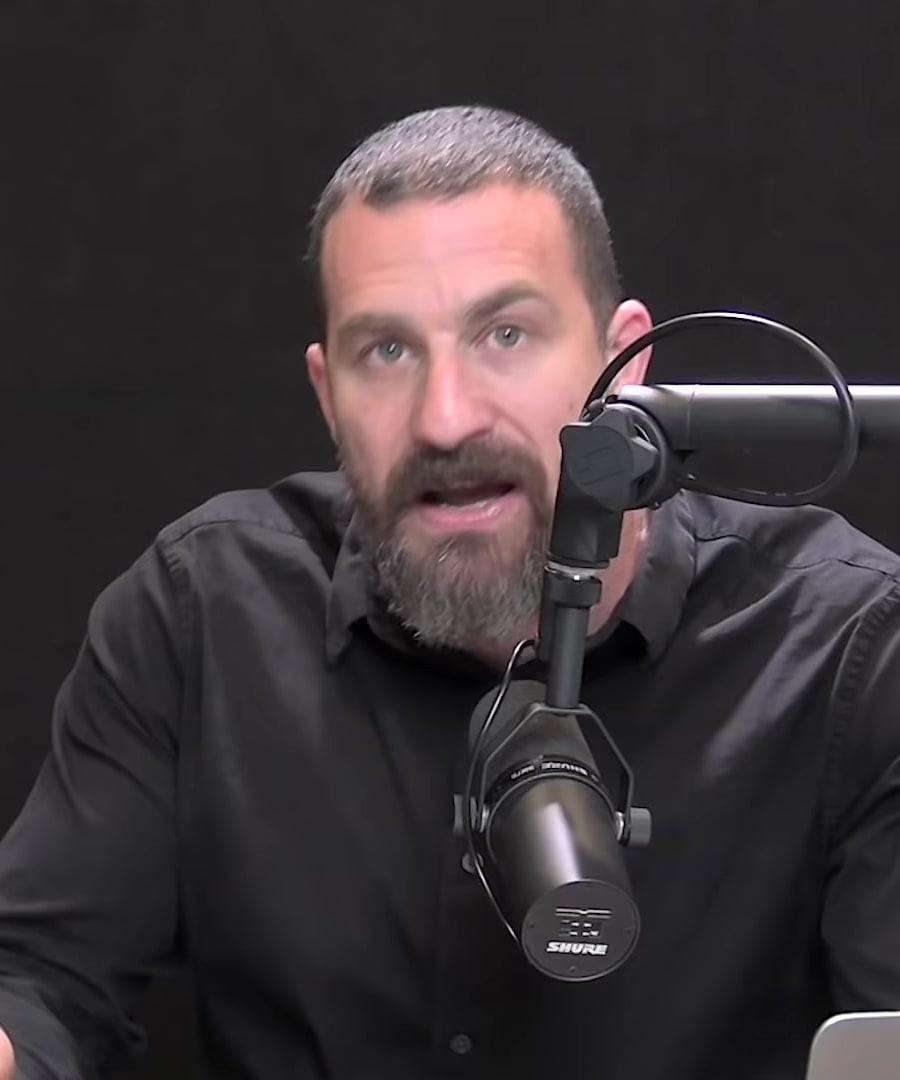cold exposure
Sources:
Deliberate cold exposure elicits significant physiological responses with implications for mental health, performance, and metabolism. Here's a brief summary of the effects and practical advice from :
Mental Effects
- Exposure to moderately cold environments for extended periods (e.g., 57.2°F for an hour) significantly increases norepinephrine and dopamine in the blood. These neurochemical changes can last beyond the cold exposure, possibly explaining improvements in attention and mood after such experiences 1.
Anxiety & Fat Loss Benefits
- Studies show that deliberate cold exposure can improve the regulation of anxiety and lead to reductions in waist circumference and abdominal fat, notably in men 2.
Fat Loss Tips
- For fat loss, you shouldn't become too adapted to the cold; rather, gradually increase exposure time and take breaks. This approach avoids diminishing the potent fat-burning and metabolic-boosting effects that the initial exposure elicits 3.
Brown Fat & Metabolism
- Deliberate cold exposure has been shown to increase brown fat thermogenesis and core body temperature. These physiological changes can result in an overall increase in metabolism, indicating potential long-lasting metabolic benefits 4.
Testosterone Impact
- The practice of applying cold to the groin, particularly the testicles, is discussed as a technique to potentially increase testosterone. While the mechanism might involve increased blood flow or dopamine-triggered hormonal pathways, there is a lack of controlled studies confirming this effect. Caution is advised to avoid tissue damage 5.
Building Resilience
- Regularly stressing the body through deliberate cold exposure can build resilience by learning to maintain mental clarity and calm during stress. This practice is linked to elevated norepinephrine and epinephrine levels, which are also present during real-life stressors 6.
Timing is Key
- The timing of cold exposure can affect sleep. Since it raises core body temperature, it's recommended to practice earlier in the day to avoid disrupting the natural drop in temperature essential for deep sleep. Evening or night sessions may lead to increased alertness and potential sleep disruption 7.
Always consider personal health conditions, consult healthcare professionals if necessary, and approach cold exposure progressively for safety and efficacy.
RELATED QUESTIONS
cold exposure
- RELATED QUESTIONS






